Daonil
✅ Effective blood sugar control
✅ Helps manage diabetes symptoms
✅ Supports insulin production
✅ Convenient and easy administration
✅ Aids in diabetes management
Daonil contains Glibenclamide
Daonil Tablet is an oral medication prescribed for managing type 2 diabetes mellitus in adults. As a sulfonylurea-class drug, it effectively regulates blood glucose levels, helping prevent serious diabetic complications such as kidney impairment and vision loss.
This medication can be used as monotherapy or in combination with other antidiabetic agents. For optimal absorption, take with meals at consistent times daily. Your physician will determine the appropriate dosage, which may require periodic adjustments based on treatment response.
Continue therapy even when asymptomatic or when blood sugar appears controlled. Discontinuation without medical supervision may lead to hyperglycemia and increased risk of diabetic complications. This treatment should complement – not replace – lifestyle modifications including dietary control, physical activity, and weight management as recommended by your healthcare provider.
Common adverse effects include gastrointestinal discomfort, cephalgia, and vertigo. The medication may induce hypoglycemia; remain vigilant for warning signs like diaphoresis, tremors, or confusion. Maintain regular meal schedules and keep rapid-acting glucose sources available. Alcohol consumption may potentiate hypoglycemic effects and should be limited. Weight gain may occur in some patients.
Contraindications include type 1 diabetes, diabetic ketoacidosis, and severe hepatic/renal impairment. Disclose any history of cardiovascular, thyroid, or endocrine disorders before initiation. Not recommended during pregnancy/lactation without medical consultation. Regular glucose monitoring and periodic hepatic/hematologic evaluations are advised.
THERAPEUTIC INDICATIONS
- Management of type 2 diabetes mellitus
CLINICAL BENEFITS
Glycemic Control in Type 2 Diabetes
Daonil Tablet stimulates pancreatic beta cells to enhance insulin secretion, thereby reducing blood glucose concentrations. Administered once daily, this medication requires continuous use as prescribed to maintain therapeutic effects.
Effective glycemic management is fundamental to preventing diabetes-related complications including nephropathy, retinopathy, neuropathy, and vascular disorders. When combined with lifestyle modifications, this pharmacotherapy supports long-term metabolic control and quality of life maintenance.
ADVERSE EFFECTS
Frequently Reported Reactions
- Hypoglycemic episodes
- Gastrointestinal disturbances
- Cephalalgia
- Postural dizziness
ADMINISTRATION GUIDELINES
PHARMACOLOGICAL ACTION
Disclaimer:
| Strength | 5 mg |
|---|---|
| Quantity | 30 Tablet/s, 60 Tablet/s, 90 Tablet/s |
| Pharma Form | Tablet/s |
| Manufacturer | Sanofi India Ltd |
| Treatment | Type 2 diabetes |
 Daonil
Daonil


















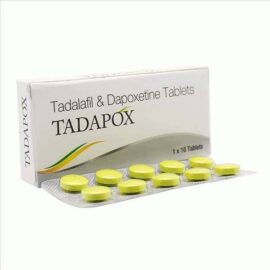






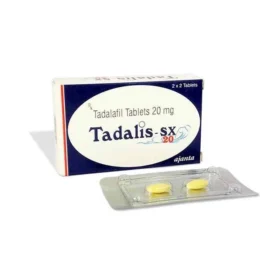
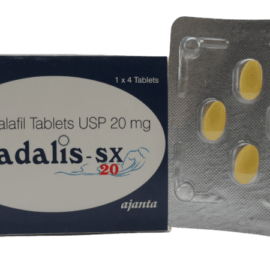
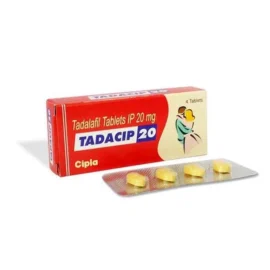
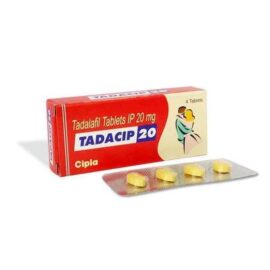







Reviews
There are no reviews yet